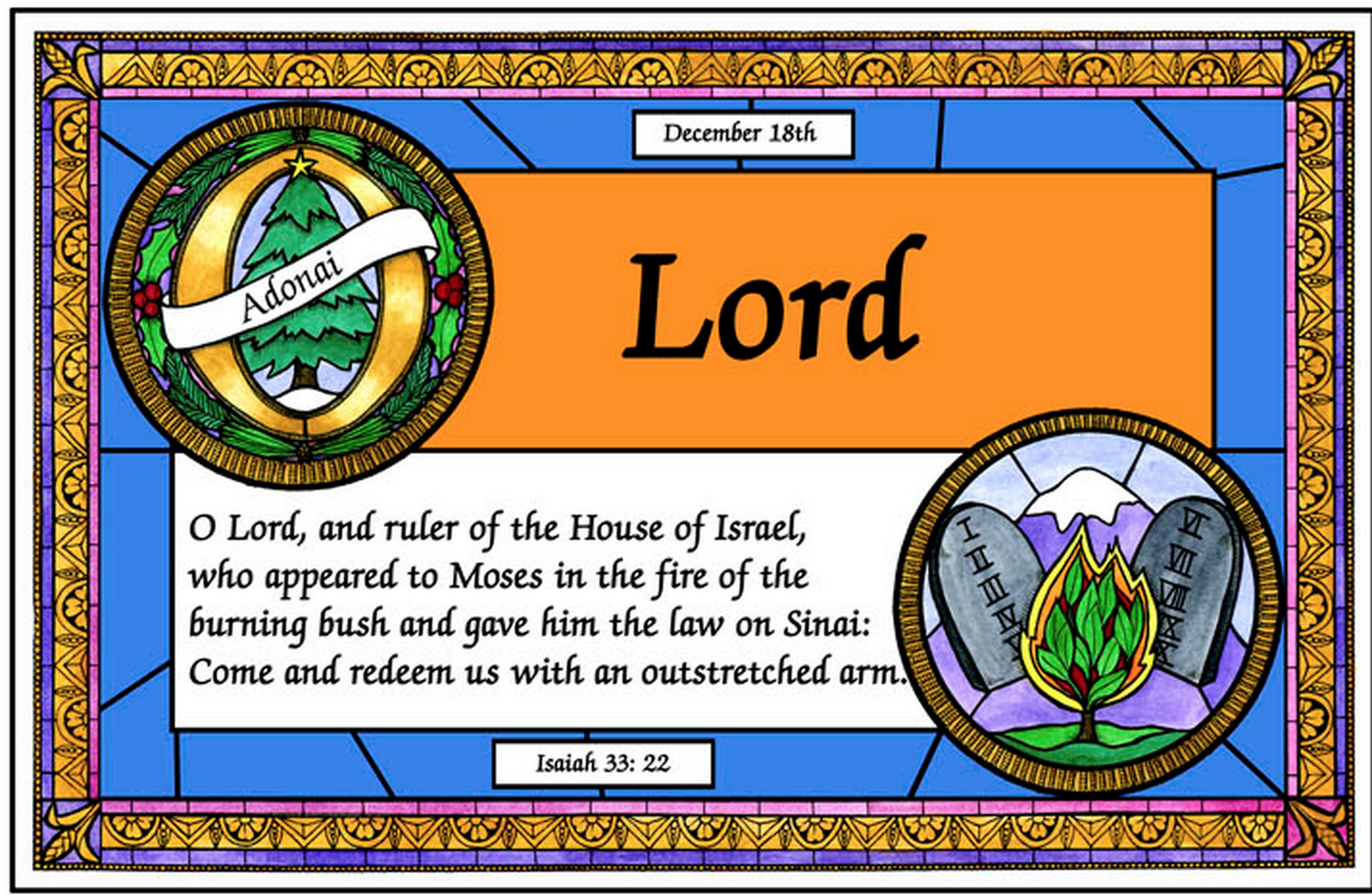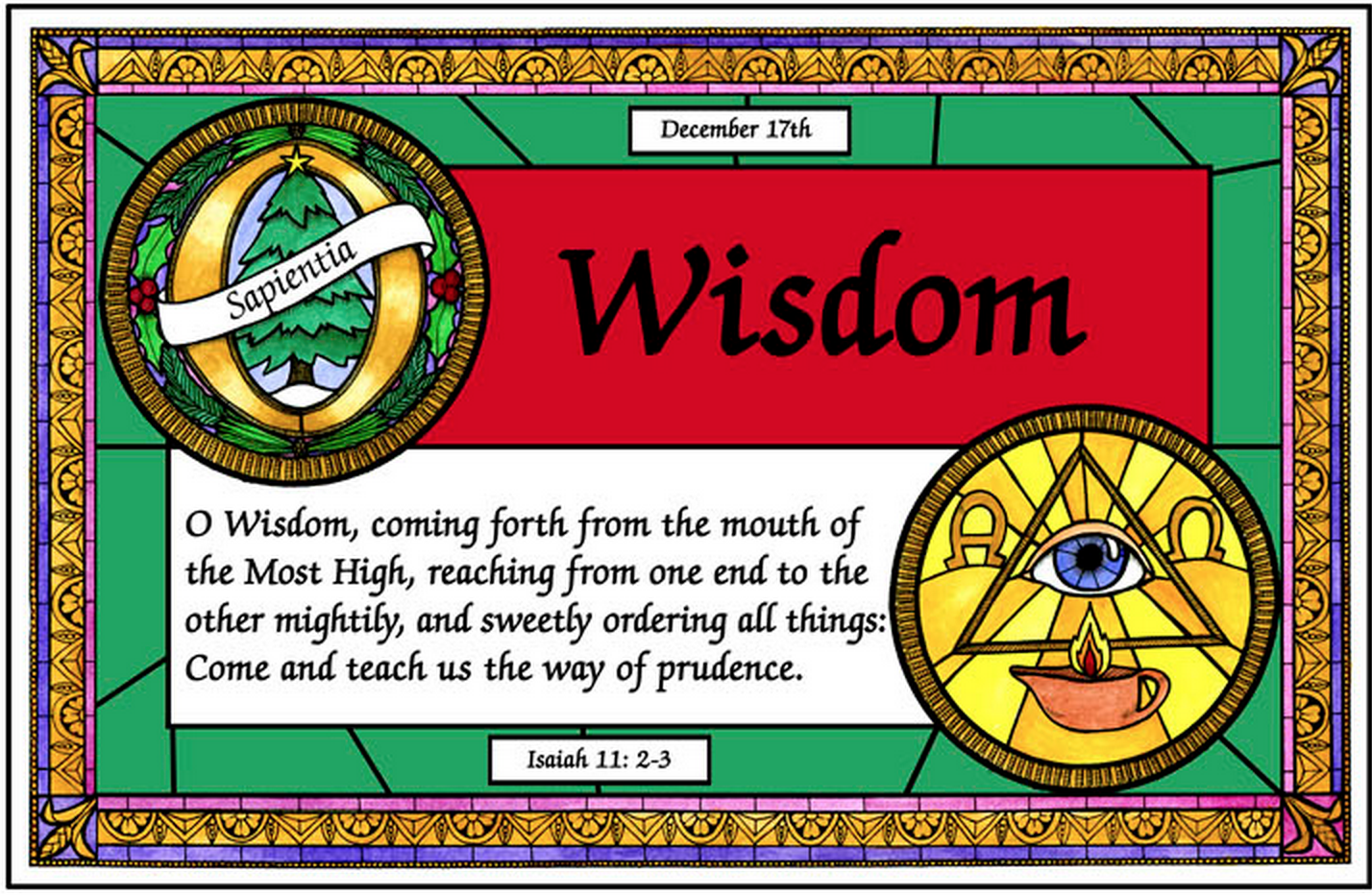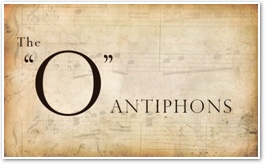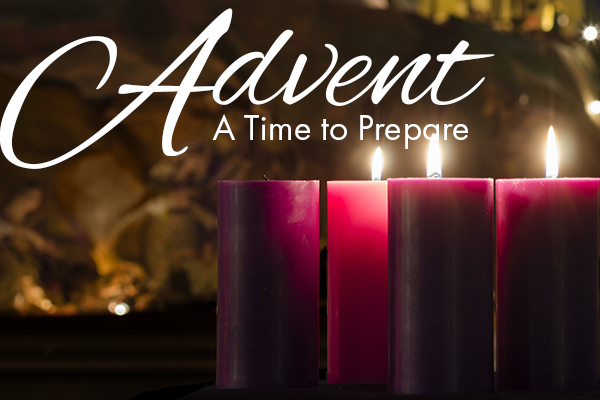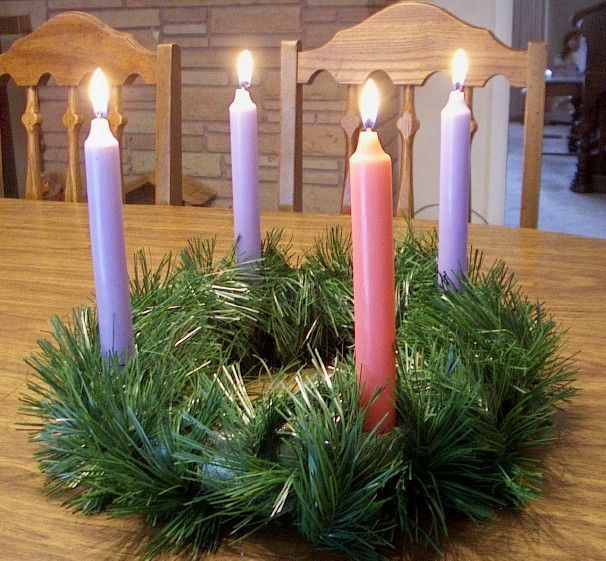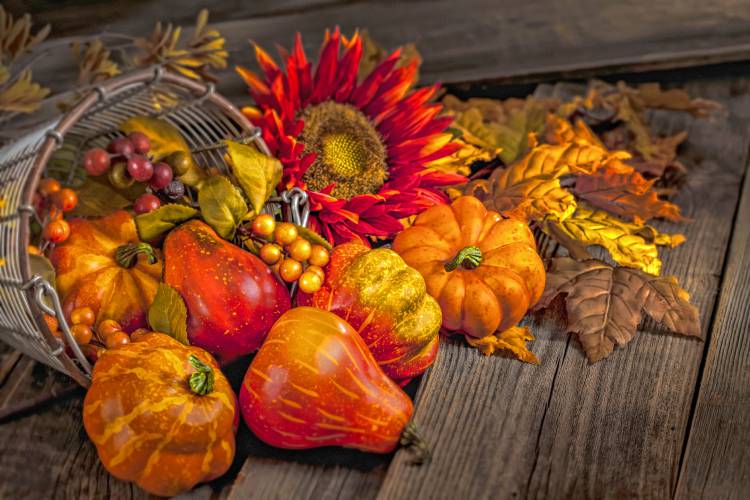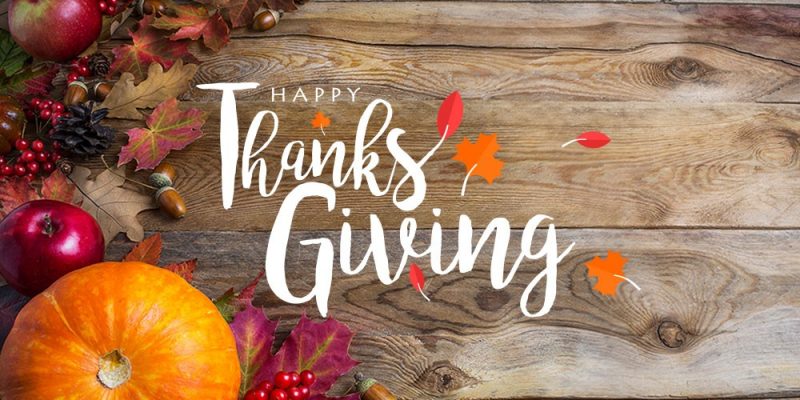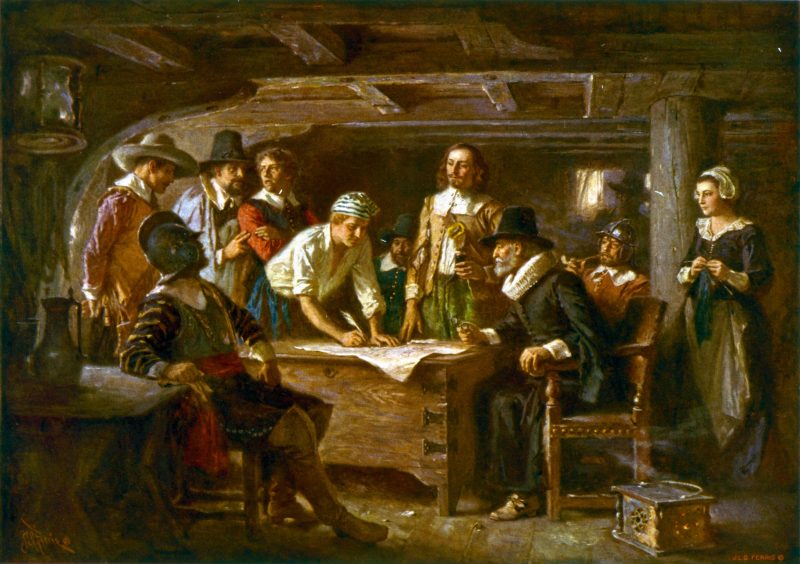Zephaniah 3:14-20
Today we take a break. We take a break from the usual penance and reconciliation that is usually associated with Advent, and we pause for a brief moment and change things up a bit. On this Third Sunday of Advent, this Gaudete Sunday, we pause, we light the rose-colored candle, and we think of love. The love which passes all understanding.
We are sort of any way at the halfway point in our preparation for Christmas. By now, most, if not all of you have your decorations unpacked and up around your homes. Nicky and I finished if one ever really finishes decorating this past week. Each decoration and each ornament on the tree or a shelf remind me of love. Most of the ornaments on our tree have come from places Nicky, and I have visited together since we have been married. Each of those ornaments brings back happy memories of days gone by but not forgotten. We also hung up Oonagh’s first Christmas ornament, so the tradition of building memories continues. Although she does not understand what is going on, although she does really like the lights, we await the day when she is filled with wonder and awe.
Advent’s theme is expressed in three different ways concerning Jesus; his first, his present, and his final Advent. We prepare for his birth, his first Advent, or his first incarnation. We ponder on the ways Christ is at work in the world. No, not fixing elections or sending storms to smite people, by the way, through us his professed followers, how we show love to others, especially those less fortunate than ourselves. And, as we have heard already, we ponder his return. But the common thread that is woven through all of this is love. God so loved the world that he sent his son. We are to show the love of Christ is all that we do. When Christ returns, there will be great celebrations.
The theologian Henri Nouwen, writing about love and joy, makes a distinction between joy and happiness. While happiness is dependent on external conditions, joy is “the experience of knowing that you are unconditionally loved and that nothing – sickness, failure, emotional distress, oppression, war, or even death – can take that love away.” And so, joy can be present even in the midst of sadness. Even though our celebrations are not what they should be or what we have planned, we can still seek out joy in them.
Today’s scripture lesson comes from the Prophet Zephaniah. A concise work in the Hebrew Scriptures that you will miss if you do not look closely. My study bible has little tabs for each of the books, but there is no tab for Zephaniah because the book is so small. The book may be short, but it is filled with words that we need to hear every year, but I think, especially this year.
Rejoice and exult with all your heart. The Lord has taken away the judgments against you. The Lord is in your midst; you shall fear disaster no more. Do not fear. He will renew you with his love. I will save the lame. Gather the outcast. Change their shame into praise—all of these happy moments filled with love.
The prophets are essential in our spiritual life. The prophets say what no one wants to hear, what no one wants to believe. Prophets pint in directions no one wants to look. Prophets hear the voice of God when no one else is listening. They see God where no one else, even dreams that God could be present. The feel God. Prophets feel the compassion that God has for all of us. Today’s message from Zephaniah is one of love, but it is also a message of lament and repentance. It is a message of God’s love and a message of hope.
We hear from the prophets during the season of Advent because they bring an essential message: “Do not fear… The Lord, your God, is in your midst.” The prophets teach us a fundamental phrase in the language of God, and it is a pastoral word, spoken into the heart of the human experience. “Do not fear.” This is not a plea but a declarative sentence.
In the Gospel of Luke, we hear similar language. When the Angel appears to Zachariah, the father of John the Baptist, he says to him, “Do not be afraid.” When this same Angel comes before Mary, he says to her, “Do not be afraid, Mary.” Later in the story, this same Angel will appear before Shepherds in the field, and he says to them, “Do not be afraid… I am bringing you good news of great joy!” After the Resurrection, when Jesus appears to those he loved, he says to them, “Peace, do not be afraid.” And today, God, once again through the Prophet, is telling us, “Do not be afraid!”
Many of us live with a sense of fear, especially these days. Am I going to lose my job? Will there be enough food and other things I need? What about my health? Should I get the vaccine? Will there be a civil war over the political nonsense raging in the country? What will happen tomorrow? Am I loved? For many of us, the world looks bleak and uninviting. For many of us, it isn’t easy to get into the spirit of the season. But along comes Zephaniah’s pastoral words to the people of God that acknowledges these fears and dispels them with a promise of a transforming joy and no threat of judgment.
The words that we heard this morning from the Prophet illustrate the practice of lighting the rose-colored candle on this Advent morning. In the lighting of that candle, we have a visual reminder of the joy and love that is coming. The purple candles remind us of the penitential nature of Advent and its close association with Lent. But on this third Sunday, we break from that, and we light that rose-colored one. In the days of the fast, it was lifted on this day because today is a day when we rejoice!
On this day, we are reminded of the love that God has for each of us. We are reminded not to fear, just as the Angel said to Zachariah, Mary, and the Shepherds. God loves each of us unconditionally, and that is the real message and meaning of Christmas. Amen.

